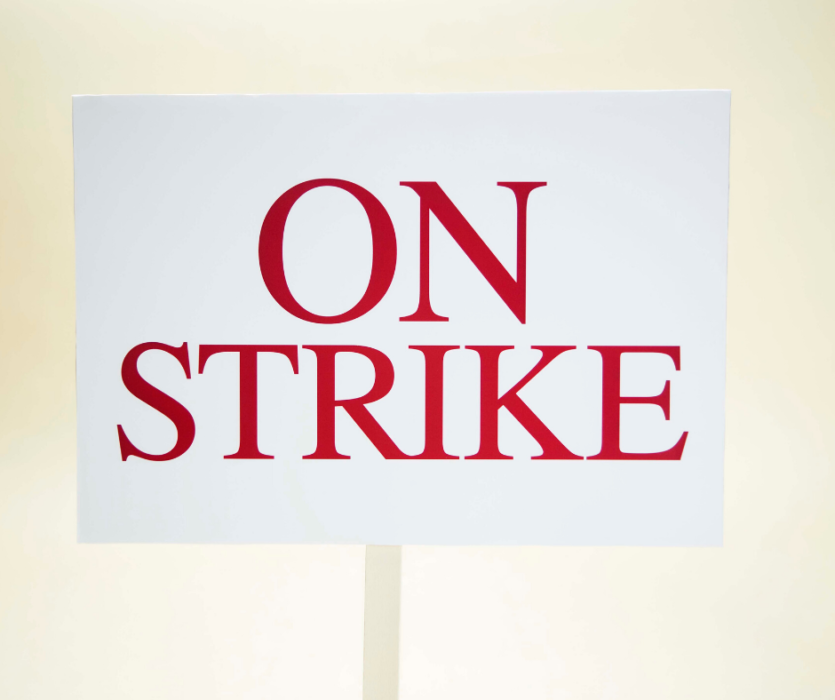
By Mary Corrado, courtesy of SBAM Approved Partner ASE
The Bureau of Labor Statistics released its October job report and while jobs were overall up, manufacturing jobs took a serious dip – a 36,000 dip. Is this all due to the GM strike?
Many economists blame the weak manufacturing report on the lengthy 4-week strike at General Motors. It’s had an effect in many areas, including auto suppliers. Economists say that without the strike, manufacturing would likely have seen a boost in jobs versus a decline. The good news is that while manufacturing jobs fell 36,000, the prediction was a 55,000 drop. So, it was better than expected.
However, the GM strike seems to have spurred what many term as a mini auto recession. So many businesses are dependent upon the auto industry – auto suppliers, auto dealerships, auto transporters, restaurants and retail near the plants and suppliers, etc. I read a report recently on thebalance.com that says that every dollar spent in manufacturing adds $1.89 in business growth in other supporting sectors such as retailing, transportation, and business services.
The outlook for manufacturing jobs is that by 2028 the industry will lose 428,00 jobs. Some of this has to do with the increase in technology that often replace workers.
While manufacturing was down, service industries were up. Particularly the hospitality industry which gained 61,000 jobs last month. Other industries with large gains were health care and social assistance as well as financial assistance.
ASE’s talent acquisition and compensation consulting departments are keeping a close eye on the economy and job outlook.
Most organizations will not be making any headcount decisions over the next two months. They are likely to wait it out and see what happens in the beginning of 2020. We expect that if the slowdown continues then contract hiring will increase and become the norm in 2020.
I’ve been reading a lot about predictions for a possible recession in 2020. There are many varying opinions on this, and they continue to change. The most recent predictions now say they no longer are expecting a recession or economic slowdown. They are basing this on the fact that the October job report showed an increase of 125,000 jobs, while they had only projected 85,000.